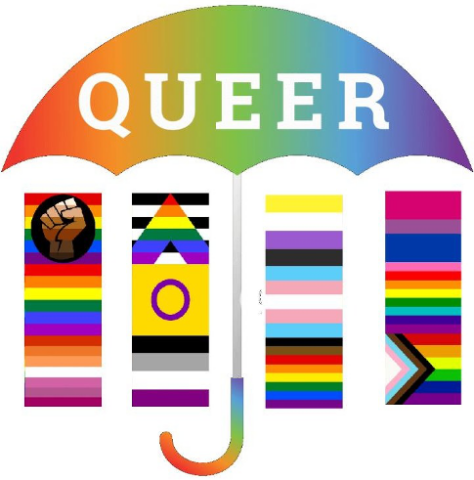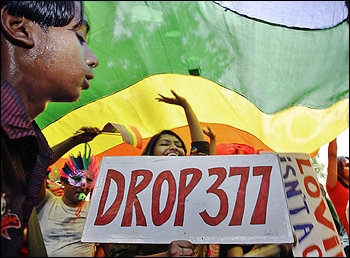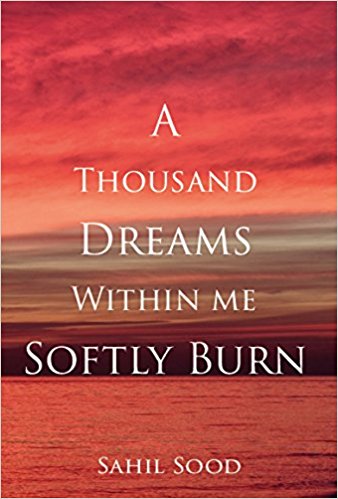Fragmentation of the Queer Community
Fragmentation of the Queer Community
Like any heterogeneous group, the queer community in India has been historically fragmented due to various factors, the foremost being its inherent diversity. A cis gay upper-caste, upper-class individual often has more opportunities, advantages and social capital compared to a trans man from a relatively lower socio-economic background. The layering of these different intersectional identities further adds to the complexity. Despite these differences, we come under the common umbrella of ‘Queer’ but these differing intersectionalities strain this common identity. I attempt to explore the necessity of coming under this common umbrella and strengthening it, and share my thoughts on ways to achieve that.
What’s Causing This Fragmentation?
Besides intersectionalities, misperceptions within the community, lack of access to platforms that bring diverse sub-groups together for community engagement, and inadequate support systems also exacerbate this fragmentation. Miseducation, leading to misperceptions about other identities and oneself, can contribute to internal stigma and isolation within the umbrella community. Intra-community engagement is restricted mostly urban spaces, and this can also isolate and exclude people from several sections. The support services required by community members in crisis situations are also fragmented due to a lack of comprehensive community networks. These factors contribute to disconnects that are often increased by community isolation.

All of these result in overt and covert aggression among queer members that can range from questioning the mere existence of a section within the community to microaggressions that reinforce stereotypes and internal discrimination. This also circumvents the fight for community rights, and so it is of vital importance for us to engage in healthy discussions while coming together under a single umbrella of being ‘queer’.
Fraternity of the Queer Community
Addressing the difficulties in making collective decisions and marching towards unity as heterogenous community requires continuous, healthy conversations among its members. These conversations can be three-pronged: political, social and cultural.
In my opinion, political conversations are critical, as political fragmentation can cause the lingering death of the legal and constitutional gains the community has achieved since Section 377 was read down in 2018. Conversations on moving towards political unity as a community need expansive awareness on the sectional discriminations, and the invisibility of certain sections and sub-minority groups.
Social conversations need to be focused on addressing the stigma that’s common within and outside the community and promoting inter-identity allyship within the community. This would help to combat the inflammatory public discourses and build solidarity.
Cultural conversations that focus on the historical perspective, especially with regard to the Indian subcontinent and reclaiming the space, may help create a counter-culture that challenges and resists hetero-normative strictures.
Building a united queer conscience requires concessions, compromises, and a recognition of the shared necessity for solidarity. As Ambedkar once said, “Without fraternity, liberty would destroy equality, and equality would destroy liberty.”.
And so, it is imperative for us to find common ground and prove ourselves to be ‘Orinam’.
Note: The ‘Queer Umbrella’ image has been developed by the author from multiple online open-access images.




![[art] PS – the Untold Love Story](https://orinam.net/wp-content/uploads/2023/01/PS-768x768.jpeg)
Great post!